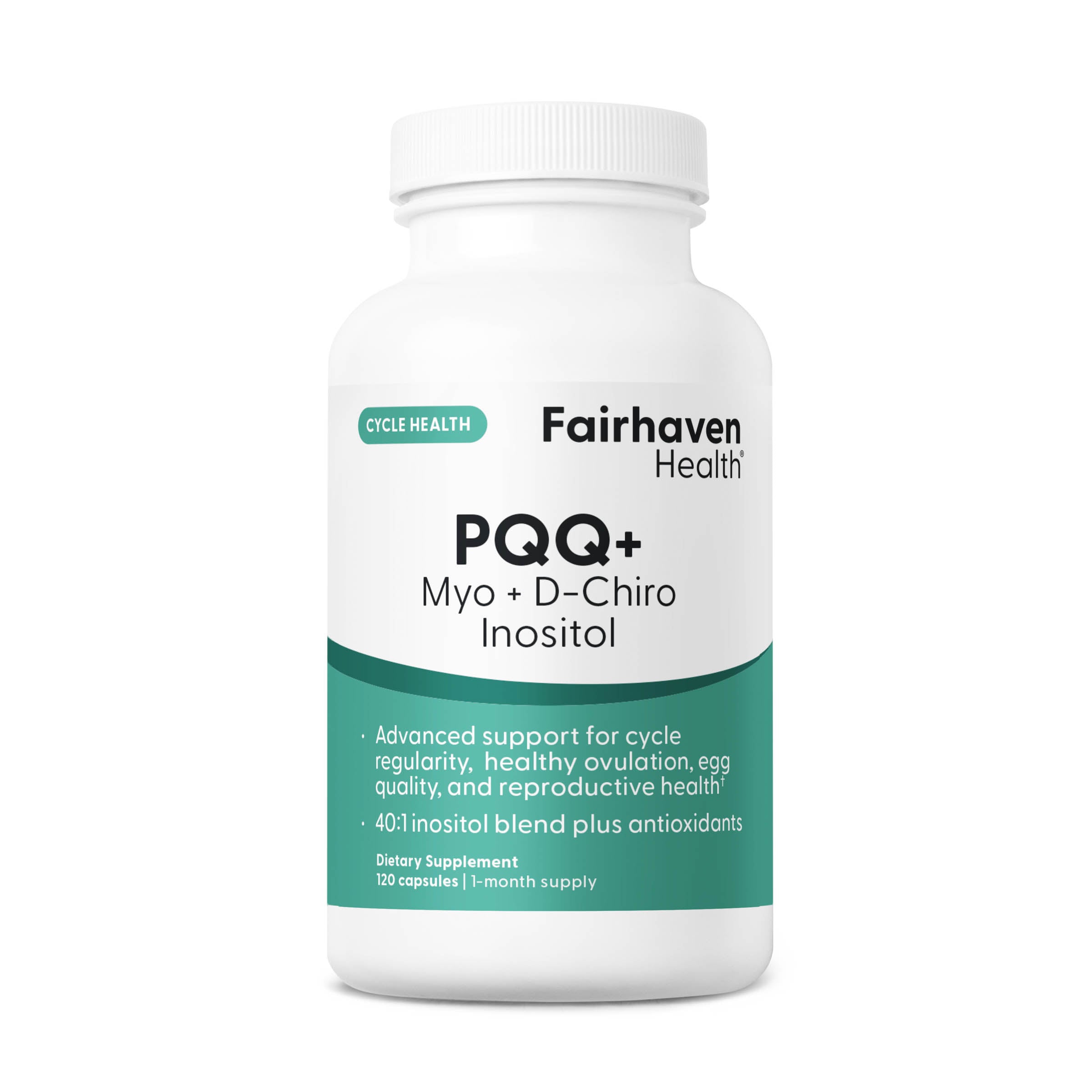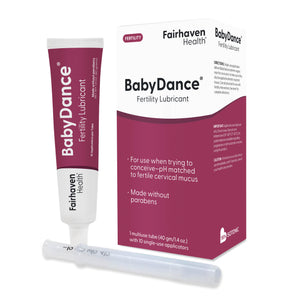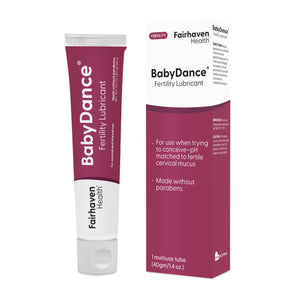You and your baby have been happily breastfeeding for three or four months when suddenly baby refuses the breast. Nursing strikes are not uncommon for babies three to five months old. New moms often think that baby is self-weaning, but this is rarely the case with babies under a year old. There are many reasons that baby may stop breastfeeding. Here are some things to consider:
-
Is baby sick? A stuffy nose, ear infection, or other illness can make breastfeeding uncomfortable. Thrush in babies mouth can also make him want to stop nursing.
-
Is baby teething? While many babies breastfeed more during this painful period, others stop completely. On a related note, if baby has bitten you in the past and you reacted strongly (as most painfully surprised mothers would), he may be scared of another outburst.
-
Has your baby been bottle fed or used a pacifier? Your baby may be nipple confused or may be getting a lot of his sucking needs met by the pacifier.
-
Have you been away from baby for a longer than normal period?
-
Has it been really hot out? Skin-to-skin contact may be uncomfortable. Remember, it is only a small portion of you that feel baby’s body heat, but his whole body is snuggled up to you.
-
Have you switched soap, shampoo, deodorant or any other scented personal care product? Baby could be responding to a new smell.
-
Are things stressed out around baby? Is a sibling making things challenging? Are you going through a divorce or a move? Babies pick up on stress.
-
Is it possible the taste of your milk has changed? Eating spicy foods, certain medications, your returning period or a new pregnancy can all change the taste of your milk.
-
Is baby just interested in other things? As baby gets older he sometimes would rather explore the world than stay put at the breast.
Knowing what the problem is can help you solve it, but even if you do not know why baby is refusing the breast, there are still many things you can try to bring him back.
-
Don’t give in to artificial nipples. This will most likely just make the problem worse since it is so much easier for baby to take milk from a bottle. If you feel that baby needs supplemental feedings, use a cup, dropper, or feeding syringe.
-
Vary your position. It could be that your preferred position is putting pressure on a sore part of baby’s body or causing him to become overheated. Try something different.
-
Give your baby lots of chances to nurse. You never know when the mood to breastfeed will hit him. It may also help to encourage let-down before trying to breastfeed and to put a little expressed milk on your nipple to remind baby why he is there.
-
Keep baby close. Lots of skin-to-skin contact encourages nursing.
-
Make sure there is nothing around more interesting than your breasts. A quiet, dark room fits the bill nicely.
-
Try nursing when baby is sleepy. Maybe he will forget that he is on strike.
A nursing strike is a frustrating time, but like most nursing challenges, persistence and patience usually pays off. Keep offering the breast and don’t take it personally if baby refuses. He’ll come round eventually.







